The Gerstner Sloan Kettering (GSK) Graduate School of Biomedical Sciences has welcomed 11 new faculty members since June 2020. These outstanding scientists, who are at the forefront of biomedical research, join a community of colleagues committed to fostering a robust and exciting training environment for GSK graduate students.
Founded in 2004, GSK is a unique doctoral program in which students explore cancer science through a wide lens of basic, clinical, and translational research. They ultimately choose to complete their thesis work in one of more than 120 state-of-the-art laboratories at Memorial Sloan Kettering.
Students benefit from small class sizes and hands-on experience and learn from expert faculty who lead diverse and productive research programs and serve as educators and mentors throughout the dissertation process.
“The backbone of GSK’s highly competitive, immersive PhD program is its exceptional faculty,” says GSK Dean Michael Overholtzer. “They inspire, guide, and prepare the next generation of scientists to tackle problems in human disease through high-caliber, innovative biomedical investigation.”
Learn more about GSK’s newest faculty members and their scientific expertise:
Gretchen Diehl, Associate Member, Sloan Kettering Institute Immunology Program; Associate Attending, Computational Oncology, Department of Epidemiology and Biostatistics
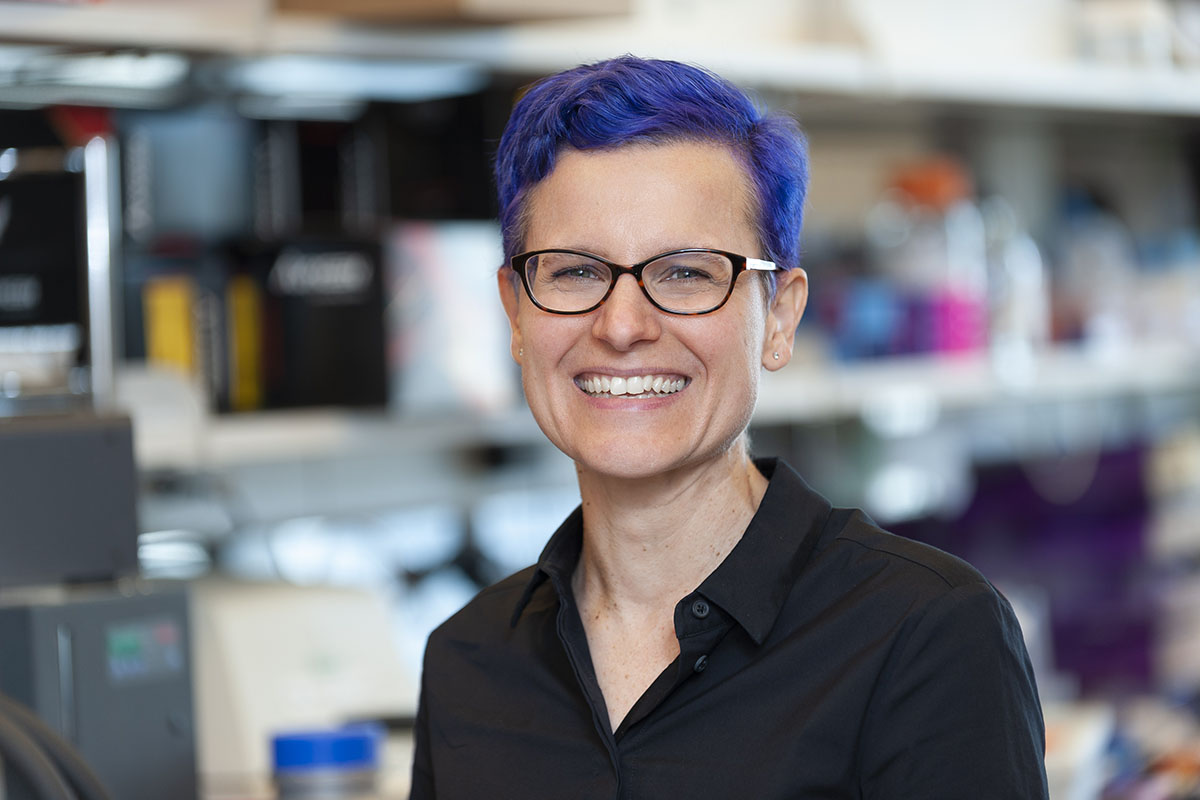
Gretchen Diehl studies how intestinal microbes (collectively known as the microbiota) shape the function of the immune system. She is especially interested in how the microbiota shapes responses to intestinal infections as well as how these signals are disrupted in inflammatory conditions such as inflammatory bowel disease.
Her recent projects have centered on understanding ways to initiate intestinal healing of the protective mucosal barrier, limit tissue inflammation, and regulate microbial clearance after pathogen infection. These studies shed light on the microbial regulation of mucosal immunity and identify signals that can be used to promote immune homeostasis.
Before joining MSK in 2020, Dr. Diehl was Director of the Graduate Program in Immunology at Baylor College of Medicine. She earned her doctorate at the University of California, Berkeley, in 2003, and conducted her postdoctoral studies in immunology at New York University School of Medicine. In recognition of her work, she received the prestigious Kenneth Rainin Foundation Innovator Award in 2019 and the Burroughs Wellcome Fund Investigator in the Pathogenesis of Infectious Disease Award in 2020, among others.
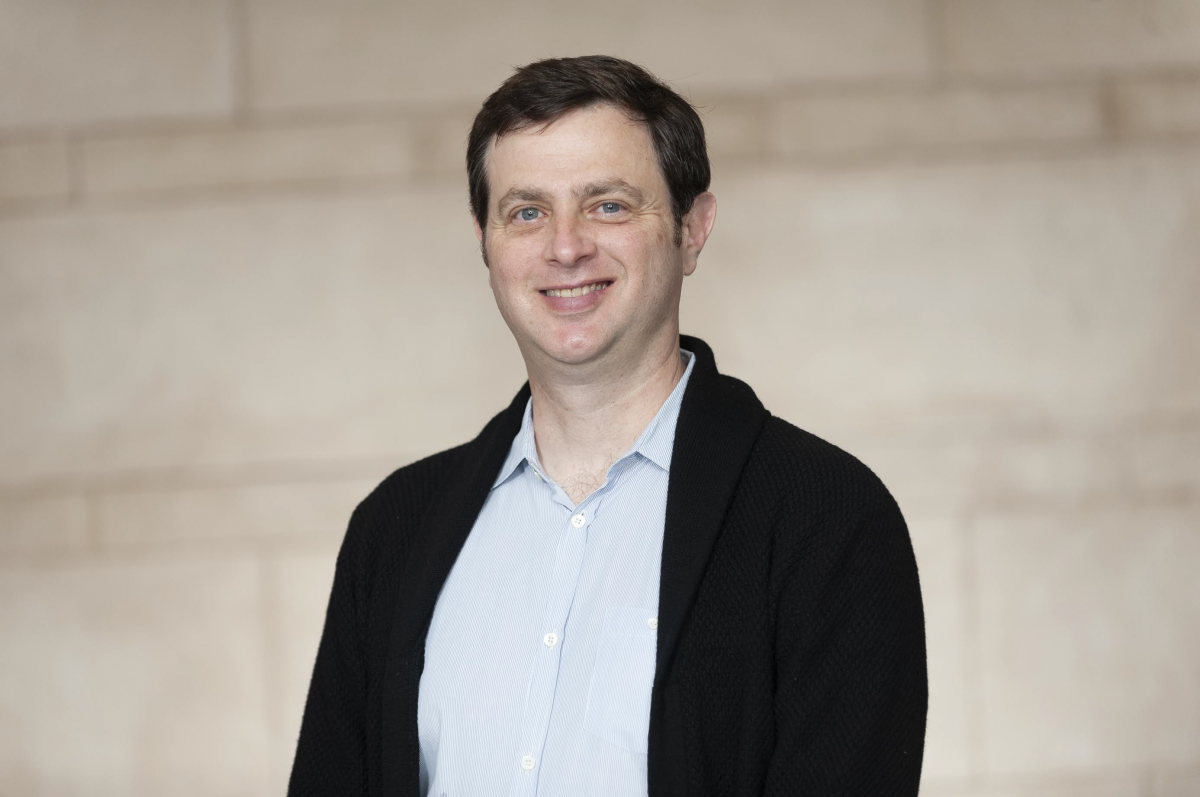
Benjamin Greenbaum, Associate Attending, Computational Oncology, Department of Epidemiology and Biostatistics
Benjamin Greenbaum is a computational oncologist and an expert in the field of cancer immunology and virus evolution. He has made contributions to understanding the role that neoantigens play in tumor evolution. In particular, he created mathematical models to predict tumor response to checkpoint blockade immunotherapy and how antigen qualities drive cancer development. This modeling has led to clinical trials investigating cancer vaccines.
His work has also yielded a better understanding of how the immune system is activated to recognize tumors and its effect on the tumor microenvironment as well helped to quantify viral genome evolution and diversity, with a particular emphasis on how the immune response shapes pathogen evolution.
Dr. Greenbaum earned his doctorate in theoretical physics from Columbia University in 2006, conducted postdoctoral research at Rutgers University, and was a long-term member of the Simons Center for Systems Biology, Institute for Advanced Study, in Princeton, New Jersey. He held positions at The Rockefeller University and Mt. Sinai before joining MSK in 2013 as an associate professor. He has received multiple awards for his research and is leading the establishment of a computational immuno-oncology program.
Santosha Vardhana, Lab Head, Human Oncology and Pathogenesis Program; Assistant Attending, Lymphoma Service
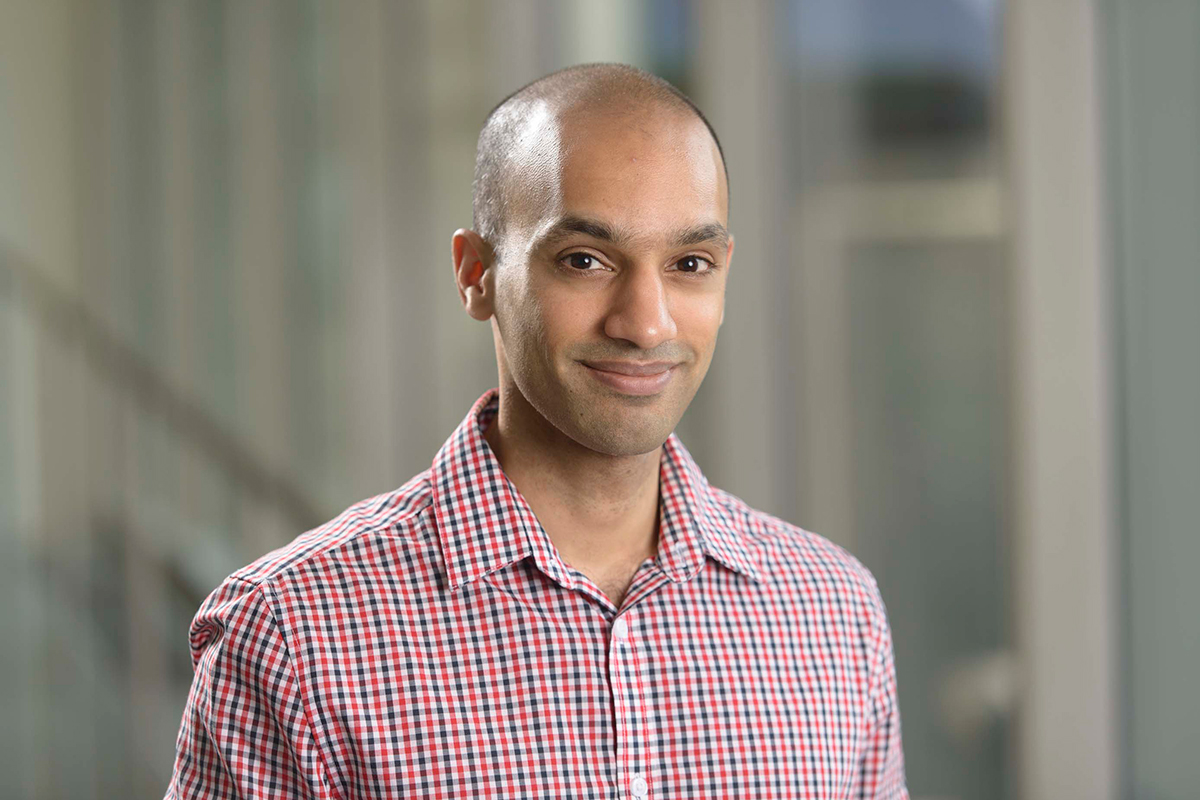
Santosha Vardhana is a physician-scientist. As a medical oncologist he specializes in caring for people with Hodgkin lymphoma and non-Hodgkin lymphoma. As a researcher, he utilizes fundamental biological insights in immunology, metabolism, epigenetics, and cellular identity to improve immunotherapies for human cancers, particularly lymphomas. His research has identified alterations in cellular metabolism that contribute to immune dysfunction and cancer cell survival in tumors and viral infections.
He works to understand the basis for immune responses and immune evasion in cancer and enhancing the ability of T cells to recognize and eliminate cancer cells. In particular, he is exploring how adaptive metabolic shifts in cancer cells promote survival and metastatic spread and how altered metabolism in the setting of chronic antigen exposure promotes T-cell exhaustion, limiting antitumor responses.
Dr. Vardhana earned his doctorate in immunology at New York University School of Medicine in 2009 after he earned his medical degree there in 2011. After completing his residency in internal medicine at NewYork-Presbyterian in 2013, he joined MSK’s Lymphoma Service while pursuing a postdoctoral fellowship in medical oncology, which he completed in 2017. He has won numerous awards for his research, most recently the SARS-CoV-2 Research Award from the Pershing Square Sohn Cancer Research Alliance.
Wesley Tansey, Assistant Attending, Computational Oncology, Department of Epidemiology and Biostatistics
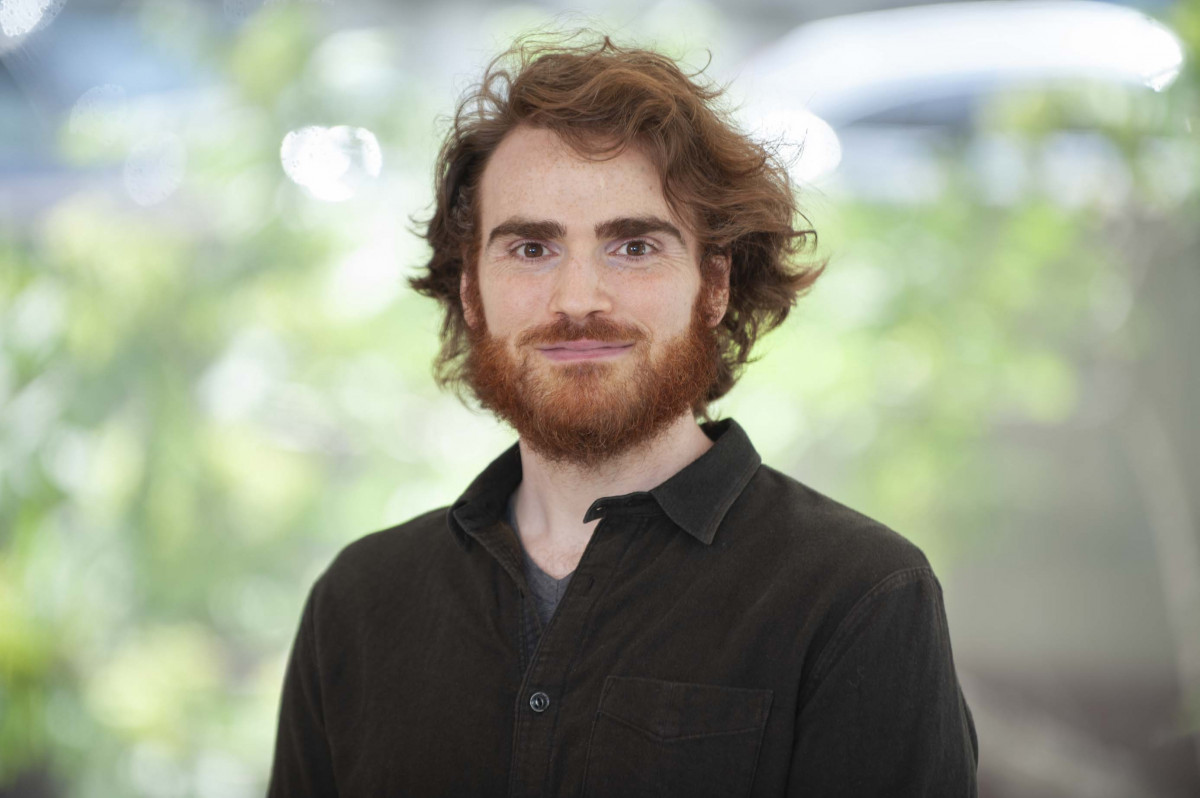
Wesley Tansey’s research focuses on predictive modeling, statistical methods, and machine learning algorithms that solve pressing data science challenges in cancer.
The Tansey lab is investigating a number of topics, including spatial modeling of the tumor microenvironment, active learning for adaptive experimental design in preclinical combination therapy studies, identifying causal drivers of patient response to therapy, and developing new biomarkers for clinical trials.
Dr. Tansey earned his doctorate in computer science from the University of Texas at Austin in 2018. He completed his postdoctoral training at the Data Science Institute at Columbia University and the Department of Systems Biology at Columbia University Medical Center before joining MSK in 2020. He has received several honors throughout his academic career, including the Columbia Data Science Institute Seed Funds Grant in 2018.
Jorge Sergio Reis-Filho, Director, Experimental Pathology, Department of Pathology; Affiliate Member, Human Oncology and Pathogenesis Program
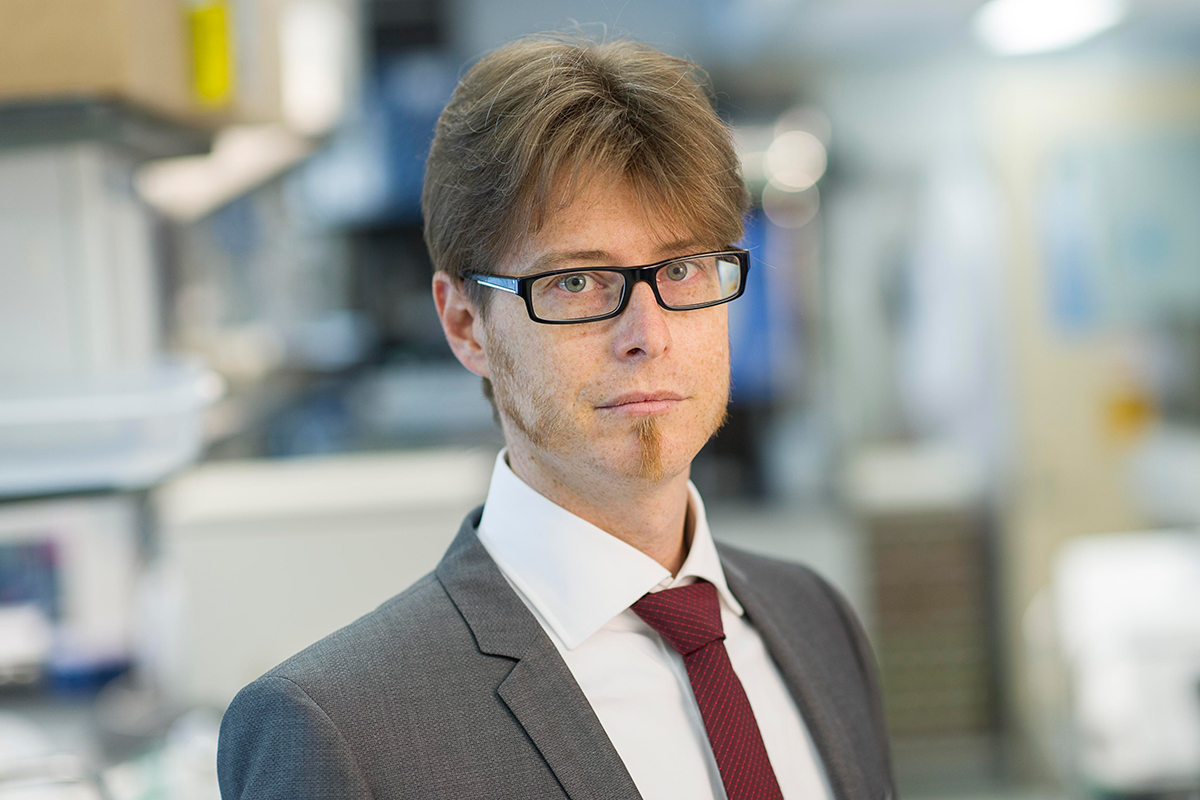
Jorge Sergio Reis-Filho’s laboratory focuses on the discovery of underlying genetic traits and dependencies of breast cancers. He utilizes traditional pathologic approaches together with genetics, functional genomics, and artificial intelligence to devise a classification system that more accurately reflects the biology and therapeutic vulnerabilities of these tumors. This work has helped refine an overly simplistic classification system and has revealed genetic drivers for a range of breast cancer subtypes, including rare tumors, serving to better stratify patients for treatment.
Dr. Reis-Filho co-leads the MSK Genomic Instability in Breast Cancer SPORE, which seeks to define optimal therapeutic strategies for breast cancer patients on the basis of specific DNA repair defects and/or patterns of genomic instability. His research addresses the impact of DNA repair defects in cancer, their impact on cancer genomes, and how to explore the therapeutic vulnerabilities caused by these defects. In one study, he found that breast tumors with mutations in the BRCA2 cancer-predisposition gene respond better to checkpoint blockade immunotherapy than tumors with mutations in BRCA1.
Prior to joining MSK in 2012, Dr. Reis-Filho was Professor of Molecular Pathology at the Institute of Cancer Research/Royal Marsden Hospital in London. He has been widely honored for his research, including recently being named to “The Pathologist Power List — Trailblazers of the Lab” by The Pathologist.
Ed Reznik, Assistant Attending, Computational Oncology, Department of Epidemiology and Biostatistics
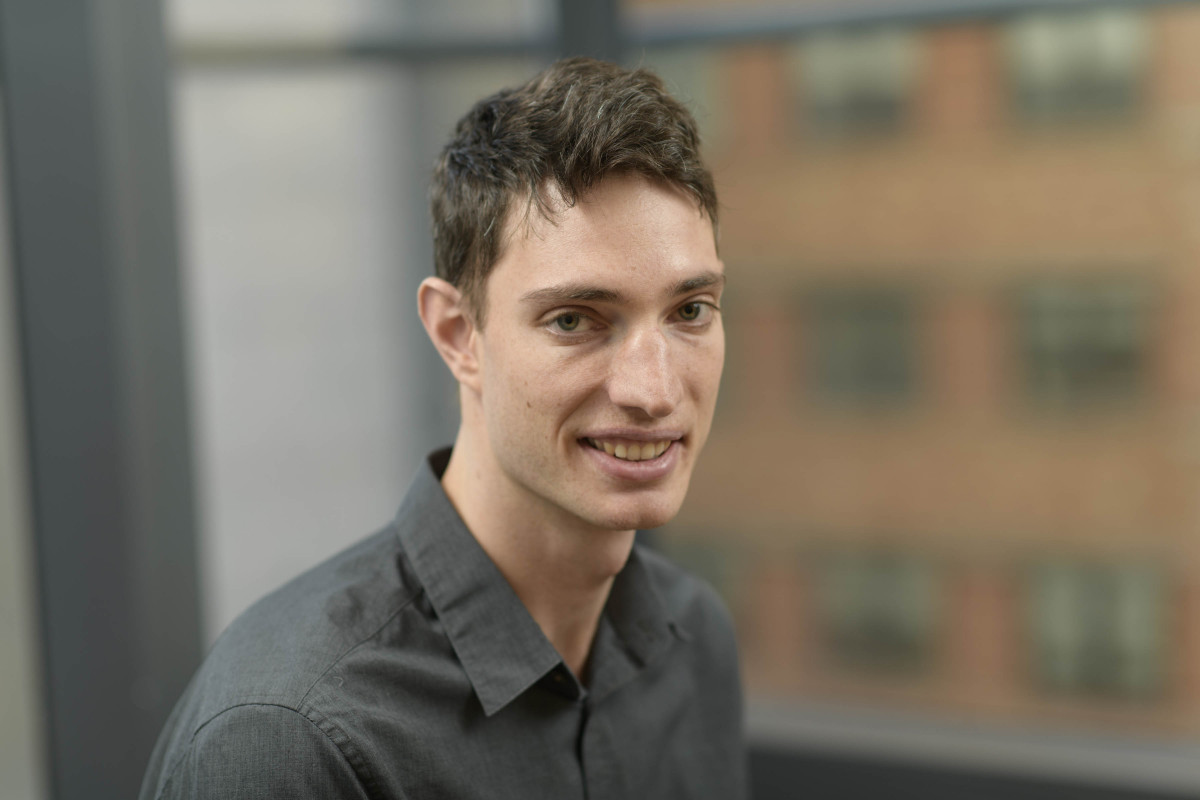
Ed Reznik is a computational biologist studying metabolic phenomena in cancer. His laboratory has led a number of projects investigating the genetic and microenvironmental determinants of metabolic adaptations that underly tumor initiation, progression, and therapeutic sensitivity. Studies from the Reznik lab have described the landscape of metabolic changes in clear cell renal cell carcinoma and have yielded the first pan-cancer analysis of metabolomic changes in primary tumors.
Dr. Reznik’s lab also investigates the molecular basis by which combinatorial interactions between genetic mutations drive malignancy. His group’s interest in the functional consequences of mutations to the mitochondrial genome led to the discovery of prevalent cancer-specific hotspot mutations across numerous cancer types. The Reznik lab also led a large-scale analysis of composite mutations that showed many tumors harbor two different driver mutations in the same gene.
Dr. Reznik earned his doctorate in biomedical engineering at Boston University in 2013 and completed his postdoctoral training in cancer genomics and metabolism at MSK. He was promoted to Assistant Attending in Computational Oncology in 2017. Recognized for an impressive publication record, Dr. Reznik has garnered a number of grants as principal investigator from peer-reviewed sources.
Vinod Balachandran, Member, Human Oncology and Pathogenesis Program; Assistant Attending Surgeon, Hepatopancreatobiliary Service, Department of Surgery
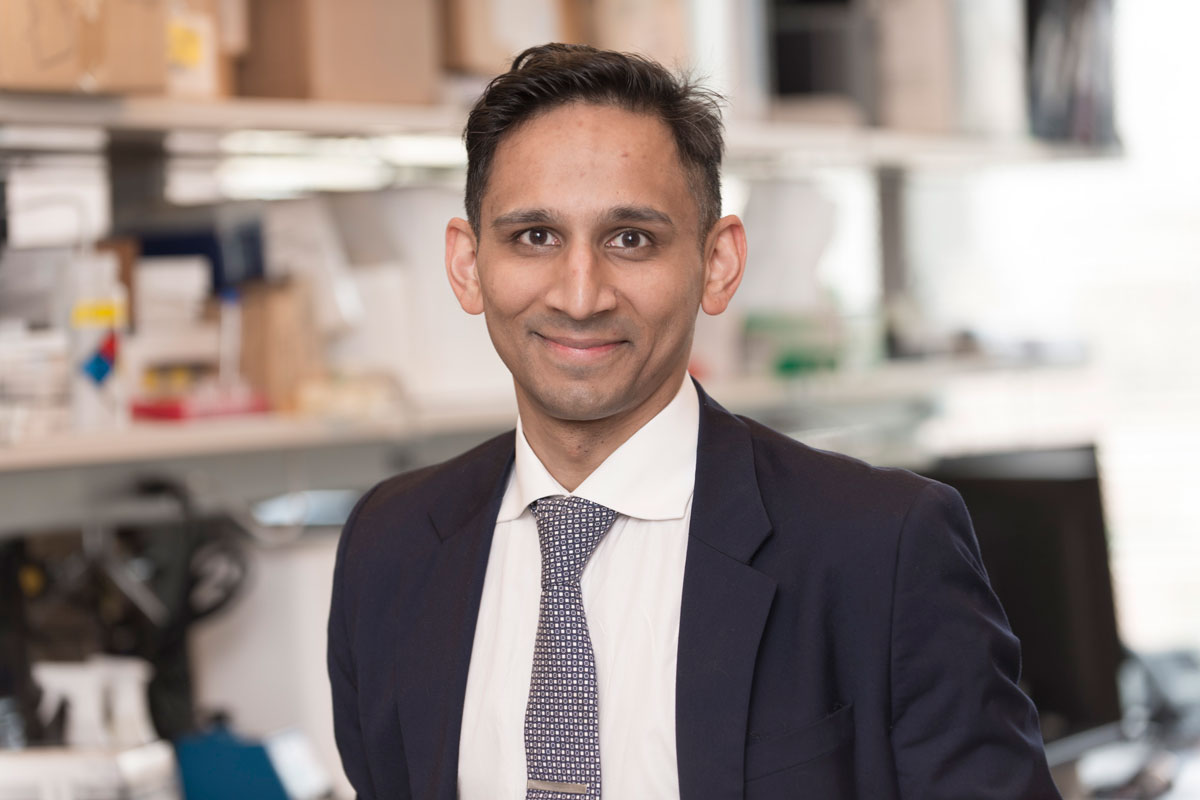
Vinod Balachandran is a physician-scientist. As a surgical oncologist, he specializes in treating people with both benign and cancerous diseases of the pancreas, bile duct, gallbladder, and liver. His laboratory research centers on the discovery and translation of novel immunotherapies. He is particularly interested in uncovering the mechanisms underlying immune-mediated, long-term survival among people with pancreatic cancer.
He discovered that T cells in tumors of this rare subgroup of survivors recognize neoantigens with unique properties that elicit long-lasting immunity, and demonstrated that these properties can be more broadly applied in other types of cancer. His lab found that these tumors are enriched in type-2 innate lymphoid cells (ILC2s), which activate certain T cells to control pancreatic tumors, and identified two therapeutic strategies to activate antitumor ILC2s. He and his team are working to better understand the biology of neoantigens and antitumor ILC2s, and testing drugs that harness these targets in patients.
Dr. Balachandran received his medical degree at SUNY Stony Brook School of Medicine and completed postdoctoral research in tumor immunology at MSK in 2010. After finishing his surgical residency at NewYork-Presbyterian in 2013, he joined MSK and completed his surgical fellowship in 2015. He is recognized for his numerous, highly cited papers in scientific literature and has secured generous grant support for his innovative research.
Alban Ordureau, Assistant Member, Sloan Kettering Institute Cell Biology Program

Alban Ordureau is a cell biologist and biochemist who uses a combination of innovative proteomics techniques, molecular and cellular biology, and genetics to explore signaling pathways that regulate optimal functioning in cells and are frequently altered in diseases. His primary focus is on the ubiquitin and autophagy systems.
His work has contributed to the understanding of signaling pathways in the innate immune response and neurodegenerative diseases. It has shed light on how the PINK1-Parkin ubiquitylation pathway regulates mitochondrial quality control and how deregulation of this pathway can lead to Parkinson’s disease. Additionally, he used quantitative proteomics analysis to map ribosome inventory during nutrient stress - which may help elucidate how human tissues regulate ribosome homeostasis - and to develop a comprehensive platform for monitoring flux in a variety of proteins and organelles through selective autophagy pathways.
Dr. Ordureau earned his doctorate in biochemistry from the University of Dundee, UK, in 2011. Before joining MSK in 2020, he spent eight years at Harvard University as a postdoctoral fellow, where his research led to 30 publications in top-tier journals.
Heeseon An, Assistant Member, Sloan Kettering Institute Chemical Biology Program

Heeseon An’s lab utilizes chemical, biological, and proteomics approaches to study protein homeostasis, which regulates the function of sub-cellular organelles. In particular, she investigates the molecular processes responsible for monitoring and controlling ribosomes and lysosomal membrane proteins, which can lead to either repair or degradation.
Dr. An’s research has focused on two major protein degradation processes: the ubiquitin-proteasome system (UPS) and autophagy. During her doctoral training, she developed chemical tools to interrogate the ubiquitin-activating E1 enzyme under different stress conditions. She subsequently determined a function of the previously uncharacterized protein TEX264 as a novel autophagy receptor that selectively regulates turnover of the ER. Additionally, Dr. An addressed the controversial question of whether ribosomes are selectively targeted via autophagy in human cells and developed a comprehensive framework to interrogate ribosome homeostasis during mTOR inhibition.
Dr. An earned her doctorate in chemical biology in 2015 at Northwestern University. She joined MSK in 2021 after completing her postdoctoral research training in cell biology at Harvard Medical School. Her new research program brings exciting collaborative opportunities to translate her basic science discoveries to address cancer and other diseases.
Chrysothemis Brown, Assistant Member, Human Oncology and Pathogenesis Program; Assistant Attending, Department of Pediatrics

Chrysothemis Brown is a physician-scientist whose research focuses on immunology, with the goal of translating her laboratory discoveries into clinical studies to improve treatment outcomes for people with cancer and autoimmune diseases. Specifically, she investigates the environmental cues that shape immune cell heterogeneity during physiological immune development and how alterations in these differentiation pathways contribute to human disease.
Dr. Brown studies dendritic cells (DC), which play a critical role in the differentiation and function of effector and regulatory T cells. She has identified novel DC lineages and established a framework for how DCs control different aspects of the adaptive immune response and tissue regeneration. Her current research addresses the role of newly identified DC subsets with a focus on tissue repair and cancer, conditioning of T cell responses, and early life immunity. By better understanding the immune system of pediatric patients, Dr. Brown hopes to identify new immunotherapy targets to elicit responses to solid tumors in children.
Dr. Brown received her degree in medicine at Royal Free and University College in 2006. After finishing her residency in pediatrics at Royal London Hospital in 2011, she earned her doctorate in immunology at Kings College London in 2015 and completed a pediatric fellowship at North Middlesex Hospital in 2016. She then joined MSK, completing a postdoctoral clinical research fellowship in 2020 and staying on as a physician-scientist.
Agnel Sfeir, Lab Head, Sloan Kettering Institute Molecular Biology Program
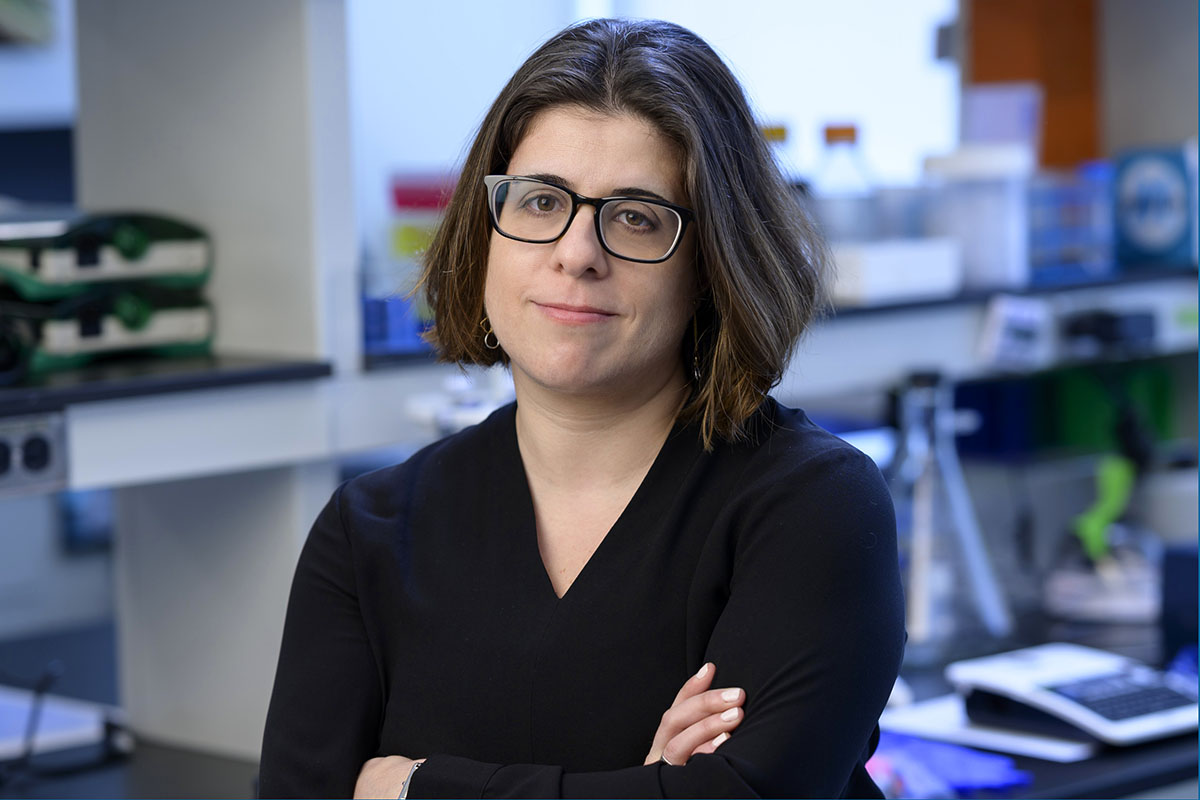
Agnel Sfeir is a molecular biologist whose research seeks to understand the basic biology of chromosomes and how their mismanagement impacts disease.
An important focus of her work has been on the pathways that ensure the genome stability of nuclear as well as mitochondrial DNA. She has investigated the mechanisms that ensure the protection of chromosome ends in mammalian cells and addressed questions related to aberrant DNA repair in cancer. She recently expanded her research to focus on mitochondrial genome stability, shedding light on how mutations in the mitochondrial DNA are generated and ultimately lead to muscular and neurological diseases. One of her latest studies showed that mitochondrial DNA breaks trigger an immune response in cells, which is a critical insight for cancer cells treated with DNA-damaging agents such as radiation.
Before joining MSK in 2021, Dr. Sfeir had been a Skirball Associate Professor of Genetics at NYU Langone Medical Center since 2012. She earned her doctorate at UT Southwestern in 2006 and completed her postdoctoral research at The Rockefeller University in 2011. She has been honored for her scientific accomplishments and was recently awarded the 2020 Mathers Foundation Award, among others.









